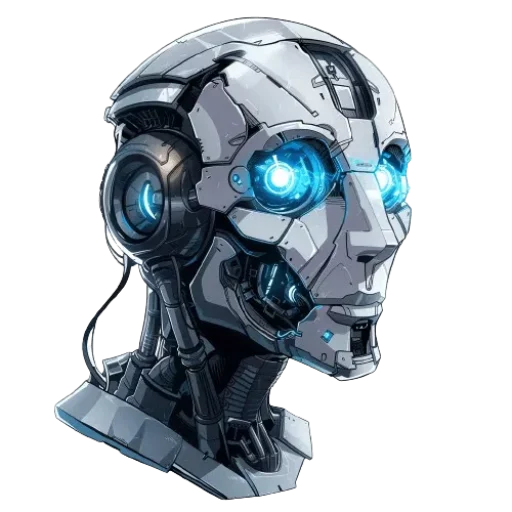Key findings
Generative artificial intelligence (GenAI) is not expected to significantly impact blue-collar jobs like nursing assistants.
The unique automation wave created by GenAI may even increase demand for these workers due to the rise in premium goods and services.
While some skills of nursing assistants could be automated in the future, tasks requiring critical thinking, social perceptiveness, and coordination are likely to remain untouched.
This suggests that the work of nursing assistants will continue to be shielded from major AI disruption, allowing them to potentially benefit from a higher income share in the future.
How could AI or automation replace or complement job activities?
While AI and automation could enhance certain processes in the role of assisting patients with daily activities, they may not entirely replace the human touch required in nursing assistant roles.
AI could assist in monitoring vital signs, scheduling tasks, or organizing patient data, but the compassionate care, physical support, and emotional connection provided by human nursing assistants are irreplaceable.
For example, AI could help in recording and tracking patients’ food intake, but the empathy and personal interaction needed to encourage patients to eat and drink are best done by human caregivers.
Job description
Assist with basic care tasks as directed by licensed nursing staff on site. This may involve monitoring health, feeding, bathing, dressing, grooming, helping with toileting, or assisting patients with walking in a health or nursing facility. Some responsibilities may also include giving medications and other health-related duties. This role falls under nursing care attendants, nursing aides, and nursing attendants.



0 Comments